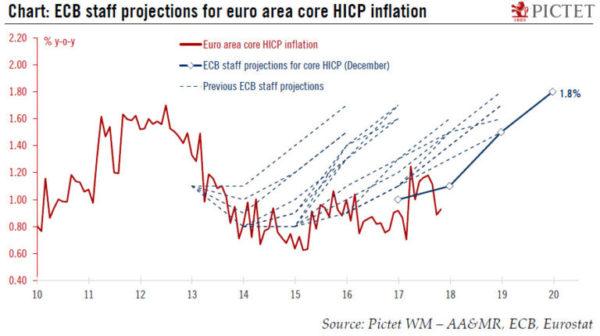It’s not been a great week for the Bank of England. The Bank’s announcements that interest rates would be raised to 1.25 per cent (their highest level in 13 years), that they believe inflation will exceed 11 per cent this autumn (already at a 40-year high of 9 per cent), and that UK GDP would contract by 0.3 per cent this quarter, went down like a lead balloon.
Criticism of the beleaguered bank has been building for several months now and its latest policy moves and forecasts prompted a fresh round of facepalming from commentators.
The Bank has moved seamlessly from one PR and policy disaster to another. First, it appeared clueless as its rosy forecasts of “transitory” inflation were proved categorically wrong. Then it seemed both out of touch and economically illiterate, as it rehashed the failed wage control policies of the 1970s by advising workers not to ask for too high a pay rise in a bid to combat the rampant price rises that it had helped create through artificially low interest rates and its repeated rounds of quantitative easing. And now its monetary tightening through rate rises seems too little, too late, compared with the bolder action of other central banks like the US Federal Reserve.
But is all this criticism fair? Perhaps the real issue is what the late, Nobel Prize-winning economist Friedrich Hayek termed as the “fatal conceit” – “the belief that we possess the knowledge and the power which enable us to shape the processes of society entirely to our liking, knowledge which in fact we do not possess.” Hayek felt that the task of economics was to “demonstrate to men how little they really know about what they imagine they can design”.
With this wisdom in mind, if the Bank’s governor, Andrew Bailey, and his small army of officials, advisors, statisticians, and economists were really honest, they would have to admit that they have no idea whether their recent interest rate rises will be enough to curb the price increases tearing through nearly every sector of the economy, and they don’t know what level they will need to raise it to in order to bring inflation back to their 2 per cent target.
If they were feeling truly humble, they would also tell us that they don’t have a clue what the rate of inflation will be this autumn and cannot say for certain how much UK GDP will contract by.
This isn’t because of a lack of intelligence on their part. No one person or group can possibly have all the data needed to predict these changes with any certainty, let alone attempt to engineer a particular outcome, especially when dealing with the unmodellable phenomenon that is human action and the myriad of decisions made by the millions of individuals that make up our economy.
The best the Bank can do at this point, having let the inflation genie out of its bottle, is to have the humility to admit its part in the creation of the present crisis. Since 2008, the Bank has created £895 billion of new money, with £450 billion of this launched during the pandemic alone. It only decided to begin winding down this policy in February 2022 after 13 years of monetary expansion. Much of this new money flooded into the public sector, effectively bank-rolling government spending, and with the Johnson government showing no sign of reining in its largesse, it’s unclear whether there is much that the Bank can do now to stop this tide as it bids up prices.
When this is combined with the Bank’s artificially low interest rates, which haven’t risen above 1 per cent for over a decade despite a growing economy, you have the perfect combination to create higher prices but no way of knowing where, when or by how much.
The Bank is now discovering the unintended consequences of such tinkering, but so are already hard-pressed consumers – many of whom loaded up on debt believing the era of cheap money might never end. They will be looking at their piles of borrowing and wondering how far the Bank will need to go to correct its mistakes and what the knock-on effects of repeated rate rises will be on their finances, their mortgages and their jobs.
There is every chance that while the Bank is seen as doing too little now, in a few months’ time and after numerous rate rises it may over-correct, tightening the monetary screw too hard on those barely keeping their head above water as it is.
That’s the problem with believing you can play god with the economy. Just as the Bank must question whether its interventions do more harm than good, ordinary consumers should start to ask whether a single organisation like the Bank of England should have such power to interfere in their lives at all.
Source: https://www.1828.org.uk/2022/06/18/the-bank-of-englands-fatal-conceit/


